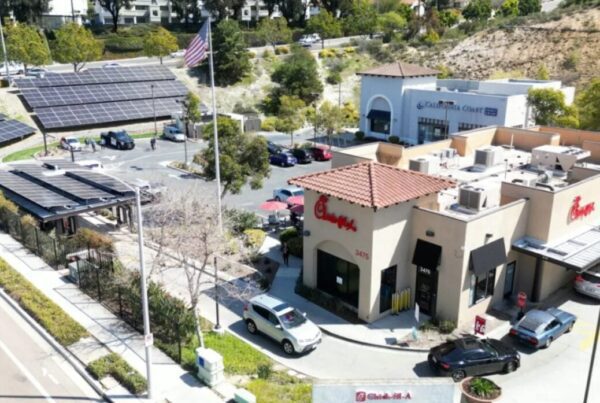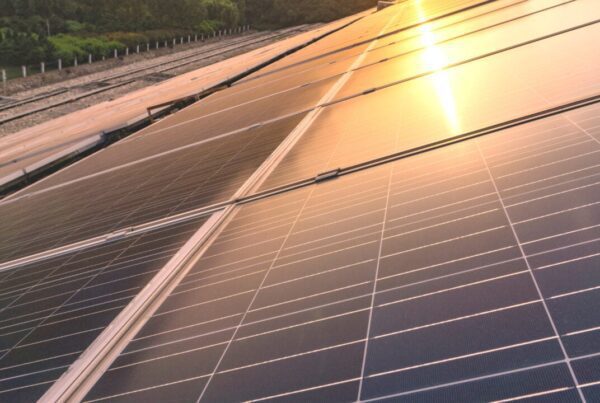
It specifically urges the preservation of IRA tax codes, including the 45X Advanced Manufacturing Production credit, 48E Clean Electricity Investment Tax Credit and 48C Qualifying Advanced Energy Project Credit, and focuses on the impact that the IRA has had on US clean energy manufacturing.
“As a result of the IRA, our nation is strengthening domestic energy security, reducing energy costs, diversifying our domestic energy resources, rebuilding our domestic manufacturing economy, bolstering and modernising critical infrastructure, and creating well-paying jobs,” wrote the letter’s authors.
“Since the IRA passed, businesses have invested nearly US$500 billion in low-carbon energy and domestic manufacturing,” the authors continued, claiming that private investments have exceeded public money five to six times over.
Indeed, the US has seen massive growth in solar PV and energy storage manufacturing capacity since the passage of the IRA. October data from S&P Global said that the US has around 45GW of solar module manufacturing capacity and efforts have been underway to establish further upstream capacity too – the first cell capacity came online last year and the government has announced tax credits and demand incentives for solar wafer production.
The authors of the letter continued: “Repeal of credits such as the Section 45X credit for advanced manufacturing, the Section 48C credit for investments in advanced energy and the Section 48E clean electricity investment credit could stymie these important projects, stranding private investments and leaving gaps where jobs and revenue streams were expected.”
The inauguration of president-elect Donald Trump next week brings uncertainty for the country’s clean energy industries and broader energy transition. While Trump has run on a fairly isolationist, America-first platform, which domestic energy manufacturing would support, he has also criticised the Biden Administration’s energy policies and promised to “drill, baby, drill” in efforts to stimulate the US’ fossil fuels industries.
In an example of this uncertainty, prominent Trump ally Elon Musk, owner of electric vehicle (EV) manufacturer Tesla, has previously benefitted from federal incentives for EV ownership. Musk has also supported the removal of EV credits and would likely benefit from higher import tariffs on Chinese competitors.
On the other hand, much of the US solar manufacturing industry focuses its publicity efforts on energy independence and removing the influence of China, which dominates the global solar supply chain, over the US energy sector. This is rhetoric that would likely draw bipartisan support.
The authors continued in the letter: “Beyond the IRA’s tax provisions, towns and cities across the nation are depending on IRA and Bipartisan Infrastructure Law (BIL) grant and loan programs to repair crumbling infrastructure, rebuild local economies, enhance energy security, promote domestic agriculture, and preserve natural resources.”
PV Tech looked at the potential issues facing the US solar sector following Trump’s election victory, where we concluded that the IRA was ultimately unlikely to be repealed.
The full open letter to US congressional leaders can be read here.





